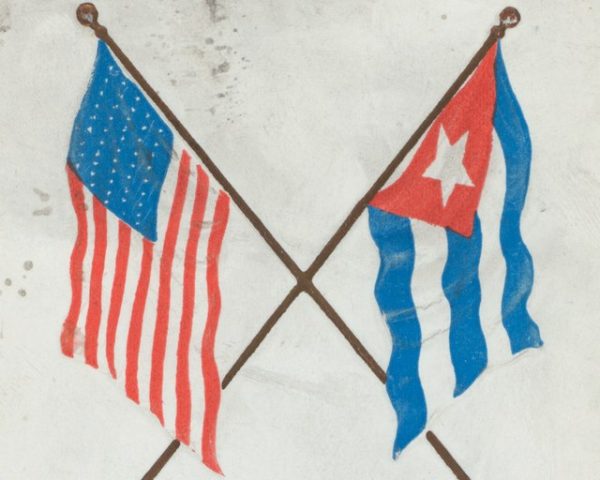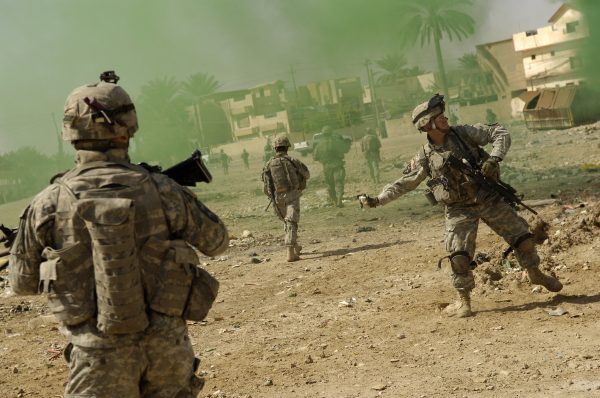
Image in Nasser Halaweh, Creative Commons 4.0
Donkeys have been our steadfast companions for centuries, valued for their strength, hardiness, and work ethic. Yet, for many, a donkey’s value is still only skin deep.
According to a British charity organization, the Donkey Sanctuary, nearly 6 million donkeys are slaughtered each year for their hides to produce a gelatin known as ejiao, used in traditional Chinese medicines, herbal supplements, cosmetics, and aphrodisiacs for its purported—but unproven—benefits. This growing market causes tremendous animal suffering and severely impacts communities that rely on donkeys for their survival.
In China, which once boasted the world’s largest donkey population, donkey numbers have plummeted over the last three decades from an estimated 11 million to fewer than 2 million by 2022—prompting the booming ejiao industry to target other parts of Asia, Latin America, and Africa.
At the conclusion of the African Union Summit in Ethiopia, which took place from January to February 2023, African state leaders took the monumental step of banning the cruel donkey skin trade across the continent for 15 years.
Africa is home to about two-thirds of the world’s donkey population, and more than a dozen African countries previously instituted bans or restrictions on the trade in donkeys for their skins. Nevertheless, soaring demand from China and other countries has fueled an underground market leading to rampant donkey theft, with each hide fetching as much as $1,000.
Donkeys are an integral part of life in Africa and many communities worldwide. They transport people and goods to markets, schools, and health clinics. Women, in particular, rely on working donkeys to reduce the burden of physical labor and support economic independence.
However, in the United States (the world’s third-largest importer of ejiao products, valued at $12 million a year), many Americans have likely never heard of ejiao (pronounced “eh-gee-yow”).
In December 2023, Amazon agreed in a legal settlement to stop selling ejiao, but only in California. The plaintiff in the lawsuit, the nonprofit Center for Contemporary Equine Studies, argued that the e-commerce giant had violated a California law prohibiting the sale of equines for human consumption.
While this settlement could set a precedent for other retailers (eBay already prohibits the sale of ejiao), a national ban is essential to clamp down on this brutal trade. In 2023, U.S. Representative Don Beyer (D-VA) introduced the Ejiao Act (H.R. 6021) to prohibit the transport, sale, and purchase of ejiao products and donkeys and donkey hides for the production of ejiao.
Donkeys who fall victim to this industry experience immense suffering. According to the American Veterinary Medical Association and the American Association of Equine Practitioners, the “inhumane treatment of donkeys affected by the trade in skins” severely compromises their welfare “through poor handling, transportation, and slaughter techniques.” Crammed into trucks without adequate food, water, or rest, many donkeys succumb to illness and infection during transport (and, as their hides are considered their most valuable part, they are often skinned, with their remains being dumped). A grim fate awaits those who make it to the slaughterhouse; eyewitness footage has documented donkeys with gaping wounds, dragged by their ears and tails, and bashed in the head with a sledgehammer.
In 2022, Congress approved a ban on selling and purchasing shark fins in the United States, with the provision subsequently being signed by President Joe Biden. This delivered a clear message that Americans would no longer tolerate the decimation of shark populations worldwide to produce shark fin soup and other delicacies.
Political leaders have an opportunity to end U.S. participation in a cruel and senseless trade. Donkeys deserve better than to suffer and lose their lives to produce a steady supply of gelatin for unproven remedies, cosmetics, and luxury products.
This article was produced by Earth | Food | Life, a project of the Independent Media Institute.






